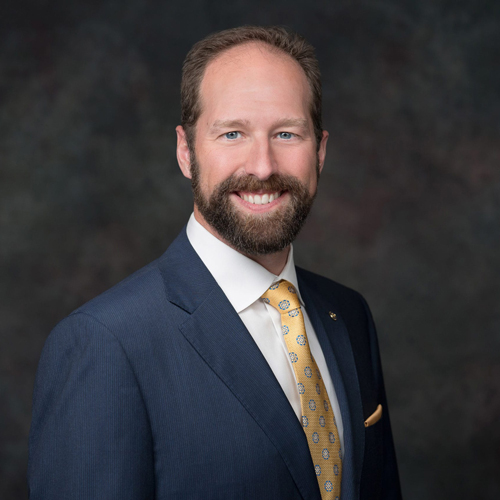Hi! Love your podcasts and videos! I’m having a hard time figuring out my best dates and options for retiring soon. I’m trying to determine when the best time would be to leave federal service with the USPS. I’m retired military, but never “bought back” my time. I’ve just began receiving my retirement pension at age 60 (retired 26 years reserves). I currently have 28 years and 3 months with the USPS and 60 years old. Should I wait until the possible 4.7% pay increase takes effect signed by Biden, wait til 62 (April 15, 2025), wait til my 30th year date (10 June 2025) and does the 1.1% only apply to me upon reaching age 62 or upon my MRA with qualifying years? – James
Federal workers often wonder if waiting to retire will give them more money. This article explains important things to think about when deciding when to retire.
Key Terms:
- High-3 Salary: The average of your highest three years of pay
- FERS: The retirement system for most federal workers
- Thrift Savings Plan (TSP): A savings plan where you and the government put money for your retirement
- Pension: Money you get regularly after you retire
What Happens If You Wait to Retire?
Waiting to retire might increase your pension because:
- You might get a pay raise, which could make your High-3 salary higher
- Working longer increases your years of service, which can make your pension bigger
- You can keep adding money to your TSP
How Much Money Do You Need?
It’s important to think about how much money you need for the life you want after retiring. Ask yourself:
- How much money do you need each month?
- Will your pension and TSP give you enough money?
- Do you like your job, or are you just working for money?
FERS Pension Basics
Your FERS pension is based on your High-3 salary, how long you worked, and your age when you retire. If you retire before 62, you get 1% of your High-3 salary for each year you worked. If you wait until 62, you get 1.1%.
More Money Isn’t Always Better
Think about how much money you really need, not just how to get more. Once you know your expenses and income, you can decide if it’s better to retire now or wait.
Making Your Decision
Look at your whole situation:
- Do you have enough saved to retire now?
- Will your pension and TSP be enough?
- Do you want to keep working, or is it just for the money?
Conclusion
Deciding when to retire is a big choice. While waiting might give you more money, it’s more important to think about what you need for a good retirement. Take time to understand your benefits and figure out how much money you’ll need each month.
For more information, visit the OPM website.
References:
U.S. Office of Personnel Management – Retirement.
U.S. Office of Personnel Management – FERS Disability Retirement.
U.S. Office of Personnel Management – FERS Retirement Benefits.

ABOUT THE AUTHOR
Micah Shilanski, CFP®, is a distinguished financial planner known for his deep commitment to providing personalized advisory services to his clients. As the founder of Plan Your Federal Retirement, Micah has dedicated his career to helping federal employees understand and optimize their benefits to help ensure a secure and prosperous retirement. His experience is widely recognized in the industry, making him a sought-after speaker and educator on financial planning and retirement strategies.
Micah’s approach is client-centered, focusing on creating personalized strategies that address each individual’s unique needs. His work emphasizes the importance of comprehensive planning, incorporating aspects of tax strategy, investment management, and risk assessment to guide clients toward achieving their financial goals.



